
Recommendation
A fire burns down the manufacturing plant of your key supplier, who makes parts you absolutely must have. A contractor miles away accidentally cuts a communication cable, taking your entire information system offline. A labor strike shuts down ports, and your products sit offshore for weeks. All of these scenarios have damaged companies in the past. However, today, in the post-9/11 era, terrorism has elevated your risk to entirely new levels. Is your organization ready to cope? Yossi Sheffi, an international expert in supply chain management, shows you how to determine your company’s level of vulnerability, and what to do to become resilient in the face of setbacks. getAbstract recommends this book to executives who want to prepare for disaster.
Summary
About the Author
Yossi Sheffi is a professor of engineering systems at the Massachusetts Institute of Technology and director of the MIT Center for Transportation and Logistics. An internationally recognized expert on supply chain management, he has worked with leading companies around the globe.









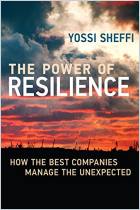
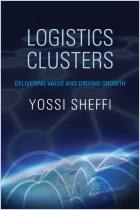
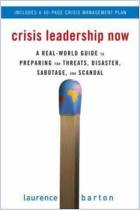
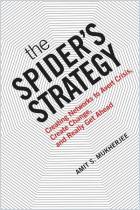
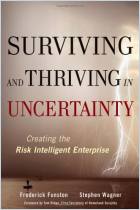
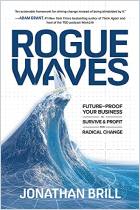
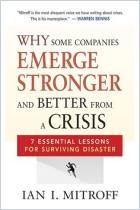
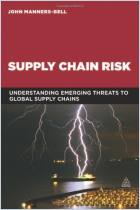



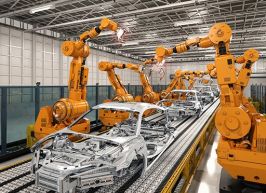


Comment on this summary or 开始讨论